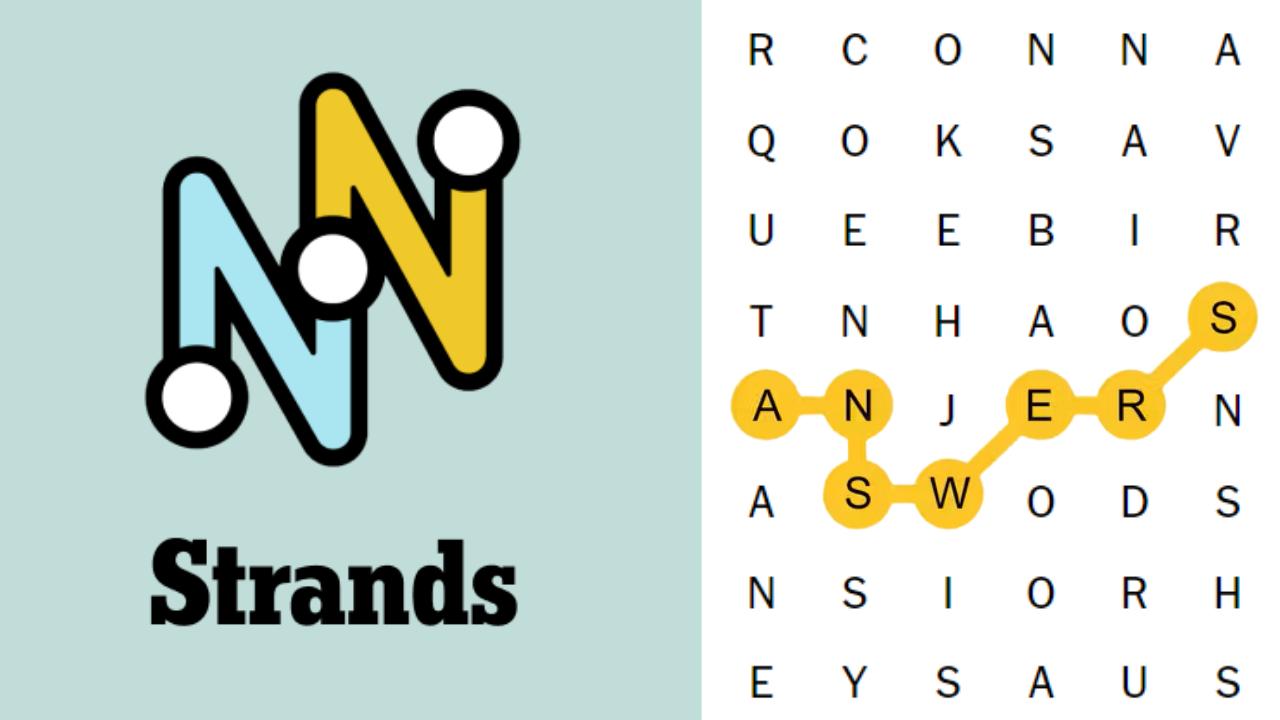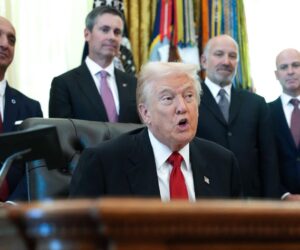US real estate billionaire Frank McCourt speaks during an interview at the Collision 2024 tech … More
As Washington’s stated deadline for a TikTok divestment draws nearer, real estate billionaire Frank McCourt has emerged as one of the most interesting contenders vying for control of the viral video platform.
Notably, McCourt says he doesn’t want TikTok for profit or power.
“This bid is about rebalancing power in the digital world,” McCourt told Forbes in an interview. “We want to transform TikTok from a platform that extracts value from users into one that empowers them.”
With just days remaining before the June 19 deadline to force a sale of or ban it outright, U.S. President Trump is reportedly preparing to grant a third extension, buying ByteDance and U.S. bidders more time to reach a potential deal.
While the delays and negotiations so far speak to complex geopolitics and commercial uncertainty, they also bring to the fore systemic questions around the kind of internet people really want.
McCourt is betting that Americans may want something radically different: Through his initiative Project Liberty, McCourt proposes to replatform TikTok using the Decentralized Social Networking Protocol — an open-source infrastructure designed to give users control over their data, identities and digital relationships.
Instead of operating as a surveillance system reliant on addictive algorithms and opaque ad targeting, TikTok under McCourt’s ownership would become “open, interoperable, and user-owned,” he said. What would that look like?
Decentralizing TikTok
McCourt’s consortium includes investor and Reddit co-founder Alexis Ohanian, entrepreneur Kevin O’Leary as well as a slate of technologists and public interest advocates. They’re working with Guggenheim Securities and law firm Kirkland & Ellis to build what McCourt calls “The People’s Internet” — a decentralized alternative to today’s predominantly closed digital ecosystems.
The plan would also integrate TikTok with Frequency, a decentralized platform for creators that enables audience portability and transparent monetization. “Whether or not we acquire TikTok, we’re scaling DSNP and Frequency to empower users, creators, and developers to build a better digital experience outside the current walled gardens,” McCourt said.
That approach ties in trends already underway in digital infrastructure: Social platform MeWe began transitioning to DSNP in 2022, while digital wellness app WeAre8 and AI learning company Soar.com have signed on as Project Liberty partners.
Meanwhile, states like Utah are pushing legislation like the Digital Choice Act, which Project Liberty helped craft, requiring greater transparency and interoperability from Big Tech.
“The Utah Digital Choice Act is one of the most promising, bipartisan efforts to truly reform the social media ecosystem by giving users more choice and ownership over their personal data,” noted Sarah Hubbard, associate director for technology and democracy of Harvard’s Ash Center.
“What happens in Utah with HB418 might set a precedent for other states to follow,” she said.
Reclaiming The Web
Many reform efforts to curb Big Tech’s power have skeptics wondering whether structural change is at all possible in a system wired for monopoly, given that even open infrastructure can also be captured by concentrated power.
“Decentralization and federation aren’t perfect, set-it-and-forget-it defenses,” stated science fiction writer Cory Doctorow in a Medium post pointing to email — the internet’s oldest and most successful decentralized system — as a cautionary tale.
“Email is nominally decentralized, but most email traffic goes through a handful of extremely large servers run by a cartel of companies — Google, Apple, Microsoft, and a few internet service providers,” he said. “This makes running your own mail server so hard that it’s nearly impossible.”
Others argue that even a decentralized, “values-aligned” TikTok won’t resolve the deeper structural issues baked into the American internet economy.“If the core concerns are digital-data surveillance and the targeting of individual users in ways that can manipulate or endanger them, then we have plenty of domestic threats to face first,” notes Kyle Chayka in The New Yorker.
Even within the deal landscape, McCourt faces stiff competition. Names such as Microsoft, Oracle and Amazon’s have surfaced as potential bidders, while President Trump in January said he wants the U.S. to receive a 50% stake in TikTok as a condition of any sale, raising concerns about regulatory overreach and political leverage.
In a previous interview with Forbes, McCourt framed his TikTok bid as a response to a broken internet. “Removing ByteDance’s algorithm isn’t a limitation — it’s freedom,” he said, adding his vision to build a TikTok where users can control exactly how they discover and experience content “instead of an algorithm secretly deciding for them.”
McCourt insists his goal is not control, but decentralization. “I have no desire to become the CEO of TikTok,” he said. “This bid isn’t about consolidating power, it’s about decentralizing it.”
Even with a strong public-interest pitch, McCourt may have to persuade investors that such a reimagining won’t undercut TikTok’s revenue engine. Nonetheless, the vision has attracted high-profile backers — including Tim Berners-Lee, inventor of the World Wide Web, who told Semafor that a remade TikTok “will embrace the critical values of privacy, data sovereignty, and user mental health.”
For And By The People?
Whether users will trade algorithmic ease for autonomy – and are ready to reclaim the internet from the systems that shaped it – is the million-dollar question.
“We’re not just acquiring a platform,” he said. “We’re proposing to fundamentally change how it’s governed and how data is handled, using open protocols and shared ownership.”
Long term, McCourt believes, the internet is likely going to evolve into a public utility model, interoperable, decentralized, and “governed by the people it serves.”








